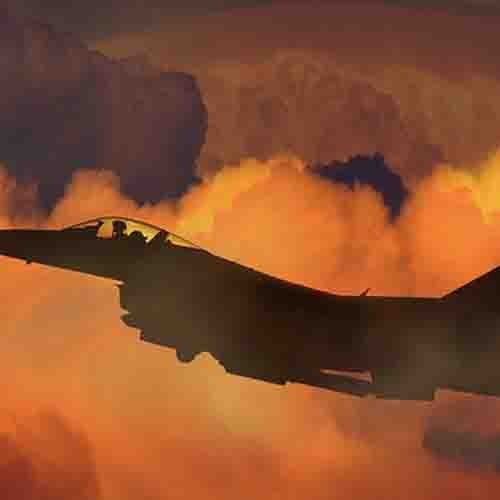

The ongoing geopolitical rivalry between the United States and Russia prompts many to wonder: Can America defeat Russia in a military conflict? This question involves more than just raw military power—it requires understanding the capabilities, strategies, and consequences that would shape such a confrontation.
The Military Strength of the United States
The United States boasts one of the most advanced and well-funded military forces in the world. Key aspects include:
- Advanced Technology: Cutting-edge fighter jets, naval fleets, satellites, cyber warfare units, and missile defense systems.
- Large Defense Budget: The U.S. defense budget is the highest globally, enabling ongoing modernization and readiness.
- Global Reach: The U.S. military can project power worldwide with extensive bases, aircraft carriers, and logistical capabilities.
- Nuclear Arsenal: The U.S. maintains a significant and sophisticated nuclear weapons stockpile.
Russia’s Military Capabilities
Russia remains a major military power with strengths such as:
- Large Conventional Forces: A sizable army with extensive experience in various combat environments.
- Nuclear Weapons: One of the world’s largest nuclear arsenals.
- Geographical Advantage: Defense of its vast territory, making invasion and occupation difficult.
- Hybrid Warfare Expertise: Use of cyberattacks, misinformation, and irregular forces.
What Would a U.S.-Russia Conflict Look Like?
1. Conventional War
A direct large-scale conventional war between the U.S. and Russia would be devastating and complex. While the U.S. has technological and logistical advantages, Russia’s military size and homeland defense pose significant challenges. Such a conflict would likely be prolonged and costly on both sides.
2. Nuclear Deterrence
Both countries possess powerful nuclear arsenals that serve as the ultimate deterrent. The doctrine of Mutually Assured Destruction (MAD) means that any nuclear strike would lead to catastrophic retaliation, deterring either side from launching such an attack.
3. Cyber and Hybrid Warfare
Modern conflict also includes cyberattacks, disinformation, and proxy wars. Both the U.S. and Russia engage in these tactics to undermine each other’s political and military systems without direct confrontation.
Can America Defeat Russia?
- Defeating Russia in conventional terms is possible but would require immense resources, global support, and involve severe consequences. The U.S. military’s advanced capabilities provide a significant advantage, but Russia’s geographic size, military experience, and nuclear deterrent complicate the picture.
- Nuclear conflict is unlikely due to mutually assured destruction, meaning any direct military defeat in totality is practically impossible.
- Diplomatic and economic pressures, along with strategic alliances like NATO, are crucial tools the U.S. uses to contain Russian influence without war.
Conclusion
While America’s military strength is unmatched in many areas, the question of defeating Russia is not straightforward. The presence of nuclear weapons, the vastness of Russian territory, and the complexity of modern warfare mean that any conflict would carry enormous risks and uncertainties.
Ultimately, both nations focus on deterrence and strategic competition rather than open war. Diplomacy and alliances remain the key to managing tensions and preventing conflict.

